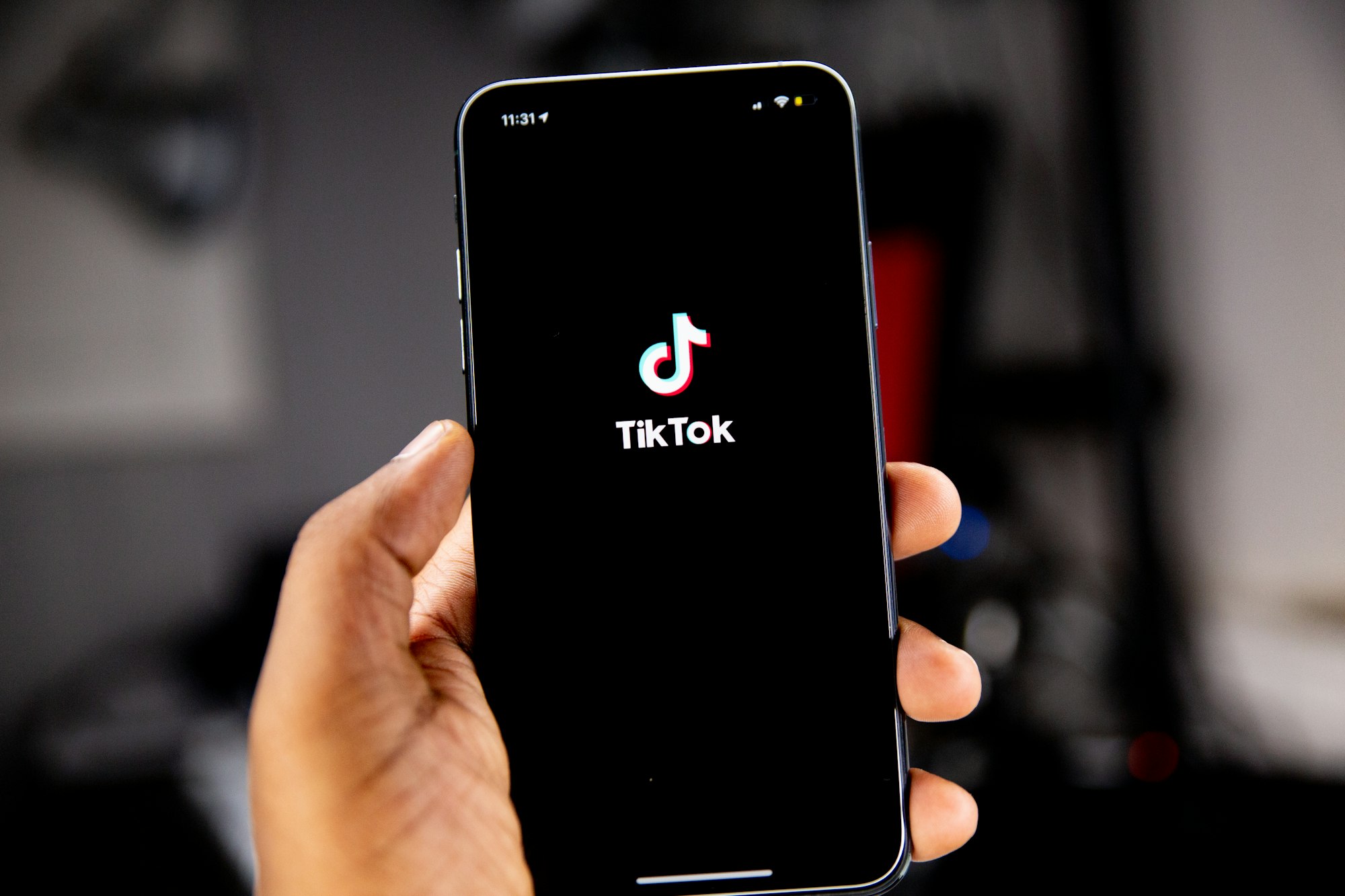U.S. Senate passes bill that could potentially ban TikTok
If passed into law, ByteDance will be required to divest from its U.S. subsidiary within nine months.
The United States Senate has voted to ban TikTok's ownership by Chinese parent company ByteDance Ltd., sparking debates over free speech rights and national security concerns.
The bill, passed by a resounding vote of 79-18, underscores bipartisan worries regarding the app's data collection practices and its potential exploitation for propaganda by the Chinese government.
Recall that the U.S. House of Representatives had passed the bill earlier this month in an overwhelming vote of 352-65 to have the social media app sold to a U.S. parent company or banned from its 170 million users in America.

Now, the legislation has also passed at the Senate level signifying a robust response to the perceived threats posed by TikTok's operations within the U.S. Meanwhile, President Joe Biden has expressed his intention to sign the measure into law once it reaches his desk.
But contrary to popular misconceptions, the immediate impact of the bill's passage does not entail an abrupt disappearance of TikTok from users' phones nor does it entail legal repercussions for individual users.
Instead, the bill sets forth a complex timeline for ByteDance to divest from its U.S. subsidiary within nine months, with negotiations potentially extending the process over a year or more. However, with legal challenges anticipated, as TikTok vows to challenge the legislation in court, the implementation of any potential ban could prolong even further.
"This is the beginning, not the end of this long process," TikTok had told staff in an email.
Should such a scenario unfold where TikTok is unable to divest in the U.S. or win its legal campaign, major app stores including those operated by Apple and Google would then be legally prohibited from hosting TikTok or providing web hosting services to ByteDance-controlled applications.
This could potentially mean death for the social media juggernaut, which considers the U.S. as a critical market and has become one of the world’s fastest-growing tech giants. The ramifications extend beyond corporate interests, with this development hurting several millions of content creators and small business owners that rely on the platform for visibility, engagement, and monetization.
As TikTok prepares to engage in legal battles, the outcome remains uncertain, with the potential for prolonged legal proceedings and contentious debates over issues of free speech, national security, and corporate governance which continues to be echoed by some its lovers in the US.









